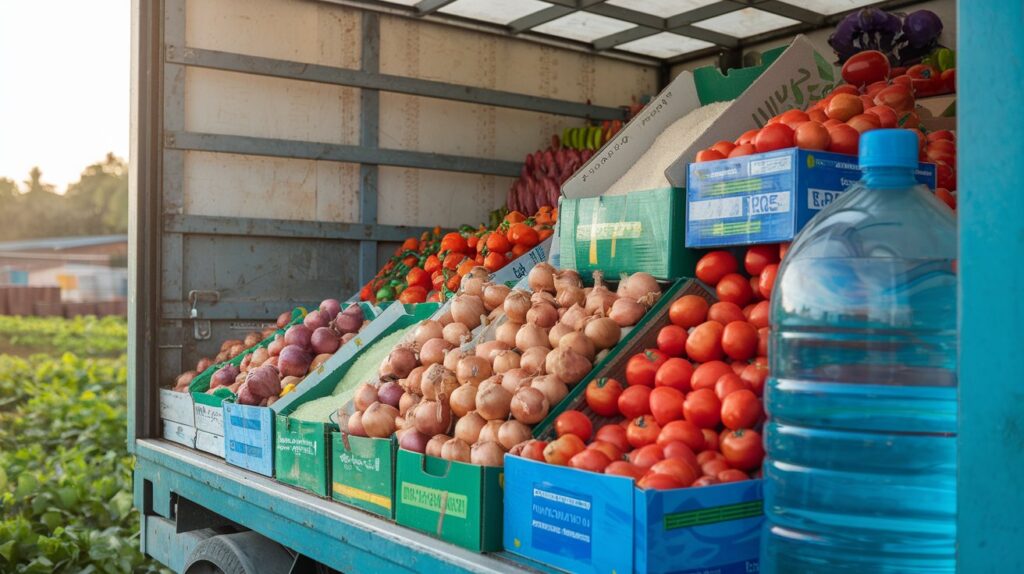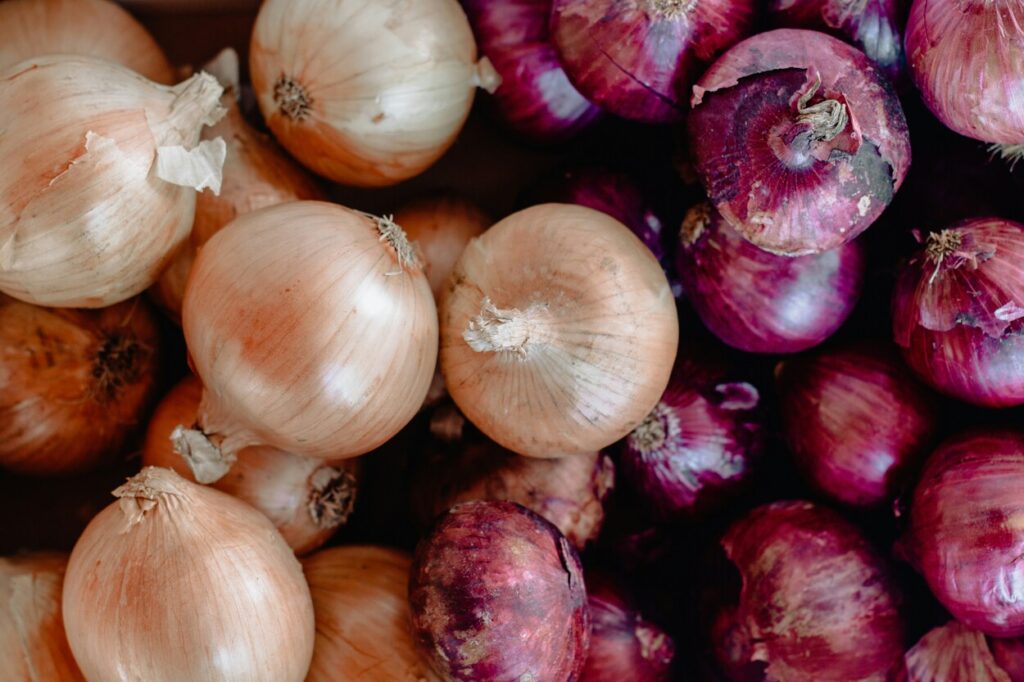Sustainable Agriculture and Export Growth: The Future of Global Food Trade
With the rising global demand for food and increasing environmental challenges, sustainable agriculture has become a key focus for both farmers and exporters. Countries worldwide are seeking ways to balance high-yield farming with eco-friendly practices while ensuring stable global trade. For agricultural exporters like Amaze International, adopting sustainable methods not only ensures better product quality but also strengthens their position in international markets. This blog explores the impact of sustainable agriculture on exports, current trends, and strategies for a greener future. 1. The Growing Need for Sustainable Agriculture Why Sustainability Matters in Agriculture Global Demand for Sustainable Farming Practices Key Sustainable Farming Practices Gaining Traction 2. How Sustainability Impacts Agricultural Exports Regulatory Requirements in Global Markets Consumer Demand for Sustainable Products Sustainability as a Competitive Advantage for Exporters 3. Key Strategies for Exporters to Adopt Sustainable Practices 1. Investing in Climate-Resilient Crops 2. Implementing Smart Farming Technologies 3. Adopting Sustainable Packaging & Logistics 4. Strengthening Supply Chain Transparency 4. Case Studies: How Countries Are Leading Sustainable Agri-Exports India: Organic Farming Expansion for Export Markets Netherlands: Smart Agriculture & Eco-Friendly Export Models Brazil: Balancing Large-Scale Farming with Sustainability 5. The Future of Sustainable Agriculture & Export Trade Innovations in Sustainable Farming Policy & Investment Trends How Exporters Like Amaze International Can Lead the Change Conclusion: Sustainable Agriculture as the Future of Global Trade The shift towards sustainable agriculture is no longer optional—it’s essential for long-term profitability and international trade compliance. Exporters like Amaze International can leverage sustainable practices to meet global standards, attract premium buyers, and build a future-proof business. Explore sustainable sourcing partnerships with Amaze International today!
Sustainable Agriculture and Export Growth: The Future of Global Food Trade Read More »

